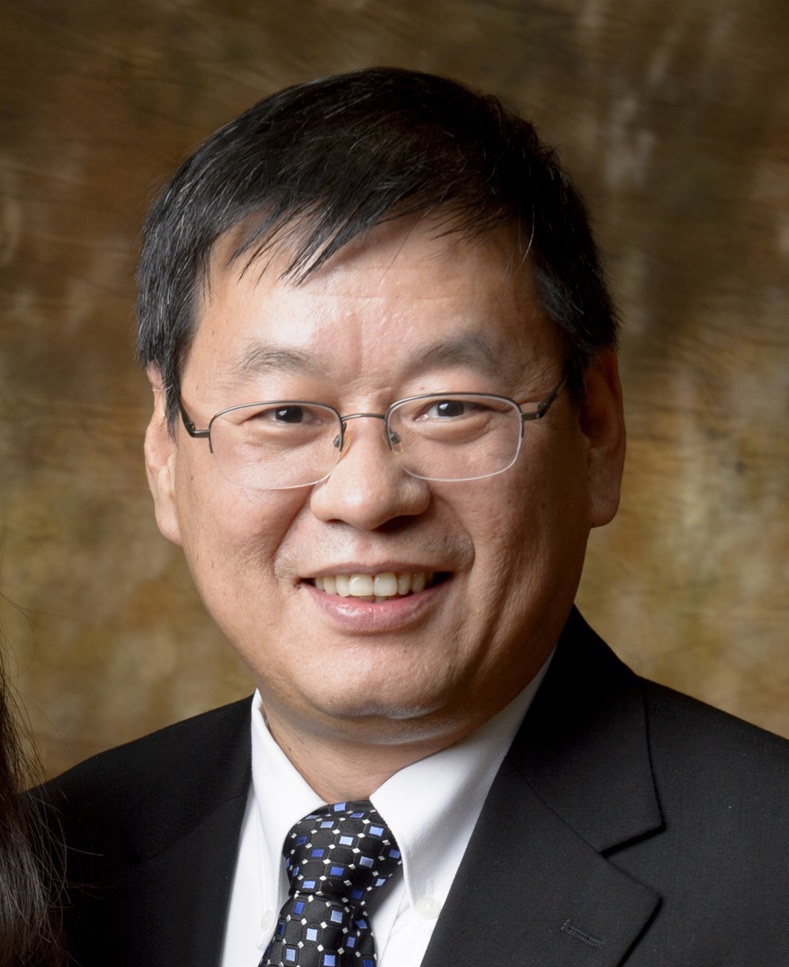
MAX ZAMBRANO – STAFF WRITER
It wasn’t until graduate school that Fenggang Yang realized the importance of religion. He was raised atheist and didn’t follow any religious tradition.
“Even my family tradition didn’t care much about religion,” he said.
Yang was particularly interested in Greek philosophy in college, and wrote his bachelor’s thesis on the notion of logos, which deals with human reason and universal intelligence. After realizing most philosophers reference God, he wrote his master’s thesis on God in Western philosophy. Through this intellectual pursuit, he found faith.
At 1 p.m. Tuesday, June 29 in the Amphitheater, Yang will discuss religion in post-1949 China (which is when the country officially became the People’s Republic of China) in his lecture, “The Changing Religious Landscape in Modernizing China,” part of the Week One Interfaith Lecture Series, “21st Century Religion in China: Collaboration, Competition, Confrontation?”
Yang, a sociology professor at Purdue University, said his lecture would focus more on sociological work rather than theological. He is also the founding director of the Center on Religion and the Global East, which “is dedicated to advancing the social scientific study of religion in East Asian societies, East Asian diasporas, and religions originated in East Asia that are spread around the world,” according to its mission statement.
His personal spiritual journey was entangled with his career pursuit, Yang said. Before following his spiritual path, he simply was interested in logos and philosophy. Yang was in his late 20s, in 1989, when the Tiananmen Square incident and June 4 massacre occurred in Beijing.
He was in the U.S. at this time, but it still changed his perspective.
“That triggered my serious pursuit in Christianity as a faith,” he said. “It’s really after that I prayed, and God became real to me, so I converted.”
Through Christianity and the Gospel of John, Yang spotted a familiar word: logos.
“Logos is with God, and logos is God,” he said. “ ‘Wow,’ I said, ‘since college I’ve been pursuing this logos. Finally, I know who is logos.’ ”
Around this same time, Yang said, his parents became Christian. He finds his father’s conversion particularly interesting because he was a lifelong Chinese Communist Party member. Yang said he has interviewed many people and discovered many older, and younger, people have turned to Christianity in China.
“This is a great awakening happening in China,” he said.
Yang’s lecture will focus on this religious shift. He said it is also based on two books he has published, Religion in China: Survival and Revival under Communist Rule and Atlas of Religion in China: Social and Geographical Contexts.
The first book took Yang 10 years to write, he said, after many visits and surveys in different places in China. In the second book, Yang said he used surveys and census data to draw religious maps, such as the distribution of Buddhism, or how many mosques, Protestant churches and Catholic churches are in China, for example.
His lecture will broadly cover the different religions, but he said will focus more on how religions have survived and thrived under Chinese communism. He said it is possible that China’s Christian population will outnumber the America’s in the next decade.
“How could this be possible, given the suppressive, or repressive, regime?” he said. “That is the main thing I will try to explain. I will try to offer some stories and a general landscape, and as a sociologist, I can try to offer some explanation.”
Although COVID-19 has disrupted Yang’s research — he usually travels to China and other parts of Asia this time of the year — he said the political situation in China has created even more obstacles for him.
“It has become very difficult for sociologists to do field work research in China or do interviews in China,” he said.
China has recently been accused of genocide against its Uyghur Muslim population, which is mostly in China’s rural, northwesternmost Xinjiang province.
“I think Americans need to be informed and express their care about those human rights abuses by the Chinese government,” he said.




